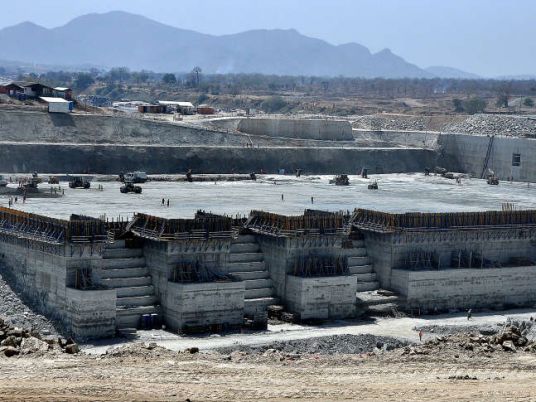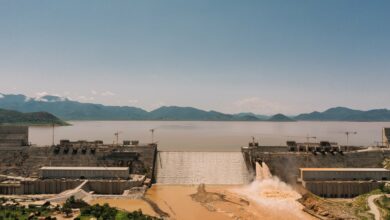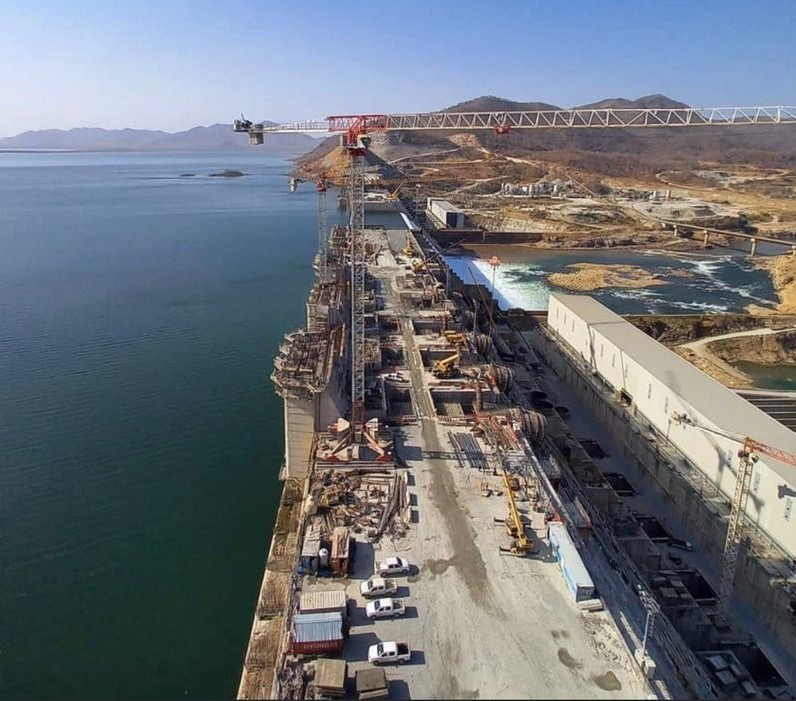
Ambassador Mona Omar, former Assistant Foreign Minister for African Affairs, said that the Tripartite Committee of Experts of the Ethiopian Renaissance Dam has not only failed to set a date to sign a contract with the consulting committee, but has also failed to reach the basic standards which will be put forward to the committee, adding, in an interview with Al-Masry Al-Youm that Ethiopia completed more than 50 percent of the dam construction and has to stop construction work until the committee concludes its work.
AMAY: Why has the Egyptian-Sudanese-Ethiopian committee failed to set a date for a meeting with the consulting committee of the Renaissance Dam?
Omar: Failure is not only in determining the dates with the consulting committee, but also has to do with agreeing on the basic standards which will be put forward to the committee, which indirectly confirms the increase of disagreement between the three countries.
AMAY: What are the most outstanding points of contention?
Omar: The differences are summarized in the date of submitting reports to the consulting committee, including technical reports on the dam about its breadth and the extent of damage it would cause to all parties. Egypt and Sudan need to unite to get rid of the Ethiopian side's procrastination and its insistence to impose its viewpoint in this regard, especially that the dam has become a reality that cannot be changed.
AMAY: Was there a dispute over Egypt's share of water?
Omar: The Ethiopian side has pledged in writing not to harm Egypt, and the statements of Halley Miriam, the Ethiopian Prime Minister, have confirmed that. But Ethiopia is still sticking to its view about the technical issues, and has not shown flexibility in delivering the technical reports to the consulting committee, which contributed without doubt to disrupting the last meeting held in Cairo and attended by more than 12 experts from the three countries.
AMAY: What are the consequences that may result from the continuation of delay?
Omar: The Ethiopian side has welcomed the continuation of negotiations, and there is a common desire between all parties to the continue but delays could result in the termination of negotiations.
AMAY: Why hasn't Ethiopia stopped the construction of the dam as long as the consulting committee has not been determined yet?
Omar: It would have been better to stop construction, but the Ethiopian side looks to its own advantage in this regard. We should have a realistic look because the dam has become a reality and the importance of intensive negotiations lies in avoiding damages that may result from it, that's why we signed the convention of principles.



